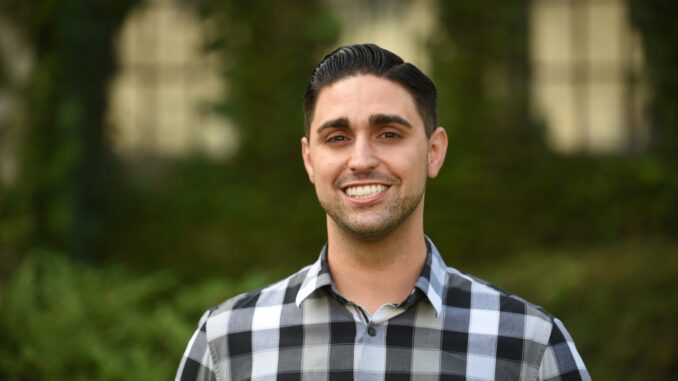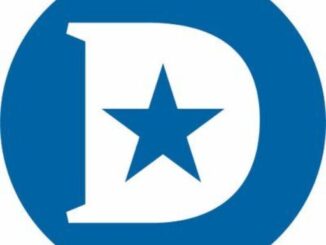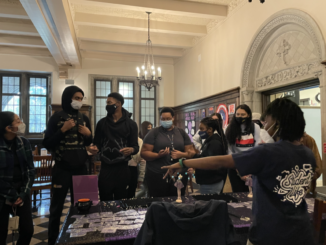
By: Matthew Desmond
Dr. Mark Carbonara, the Director of Advising and First Year Experience, says his time as a Dominican undergraduate made DU a natural choice for him to pursue his career in college administration. “Dominican was significantly smaller when I was a student here, but the vibe and the mission have always been the same.”
His own first year experience was very different from that of today’s incoming classes. Freshmen went through a new student week that included advising, assessment, orientation, and registration.
“We also did not have an organized and focused First Year Experience when I was a student.” The program that involves faculty and staff teaching about adapting to the university environment was instituted later. “We ended up doing a lot of our learning on our own.”
Carbonara also said that programs such as peer support and Student Care Network have helped ensure students’ first year experiences.
Another significant change from his undergraduate days, Carbonara said, is the number of students who have to work. “The big thing I notice is students didn’t need to work as much when I was a student, so they were able to be more involved in clubs, organizations and co-curricular activities without having to sacrifice hours or pay at work.”
Dominican University’s incoming freshman class faced challenges that earlier classes did not. As high school seniors, most were unable to participate in all the events that mark the end of high school. Their freshman year of college was probably nothing like they envisioned it. Additionally, political, and social unrest has changed the college landscape. A study at the University of North Carolina found instances of moderate to severe depression increased by 40% among college freshmen during the first months of the pandemic.
Carbonara said that both students and the school have had to be flexible and have been forced to respond in a number of ways to adapt to this new environment. “The biggest thing that I have noticed is how resilient our incoming students are. They are extremely adjustable to change.” He said they have had to adapt to changes in how classes are conducted and how they communicate with their instructors, advisors, and other students.
Carbonara said that the turmoil has taken a toll on students. “Our first year students are tired. They didn’t get to end high school in the way that they’d always hoped.” However, he sees signs of people wanting to get back to normal, while still understanding that rules constantly change.
The most obvious change is that students, faculty, and staff have had to rely on virtual methods of communication such as Zoom. He said there have been unexpected benefits to some of these changes because “sometimes it’s more convenient to have a Zoom meeting” for students who may have “family needs, work, or live far away from campus”.
As for what changes will become permanent, Carbonara said he thinks everyone is trying to use what has worked and incorporate that into better ways to teach and communicate. Advising had already started incorporating Zoom advising sessions several months before the pandemic hit so they were able to adapt quickly.
New students have also started college in an environment charged with political and social change. Carbonara said this has given rise to a class that is more politically active. He said, “Our incoming students have really lived through some serious history.” He thinks this has forced them to be involved at an earlier age than past classes.
Another challenge facing both schools and their students is an increased focus on mental health. Carbonara said the university’s approach for freshmen has continued to develop as they incorporate mental health training into First Year Experience and SOAR. Dominican has also partnered with the Wellness Center and community-based groups. “We have an ability to support our students on campus and we are able to support our students using local community-based organizations who can support our students through counseling.”



